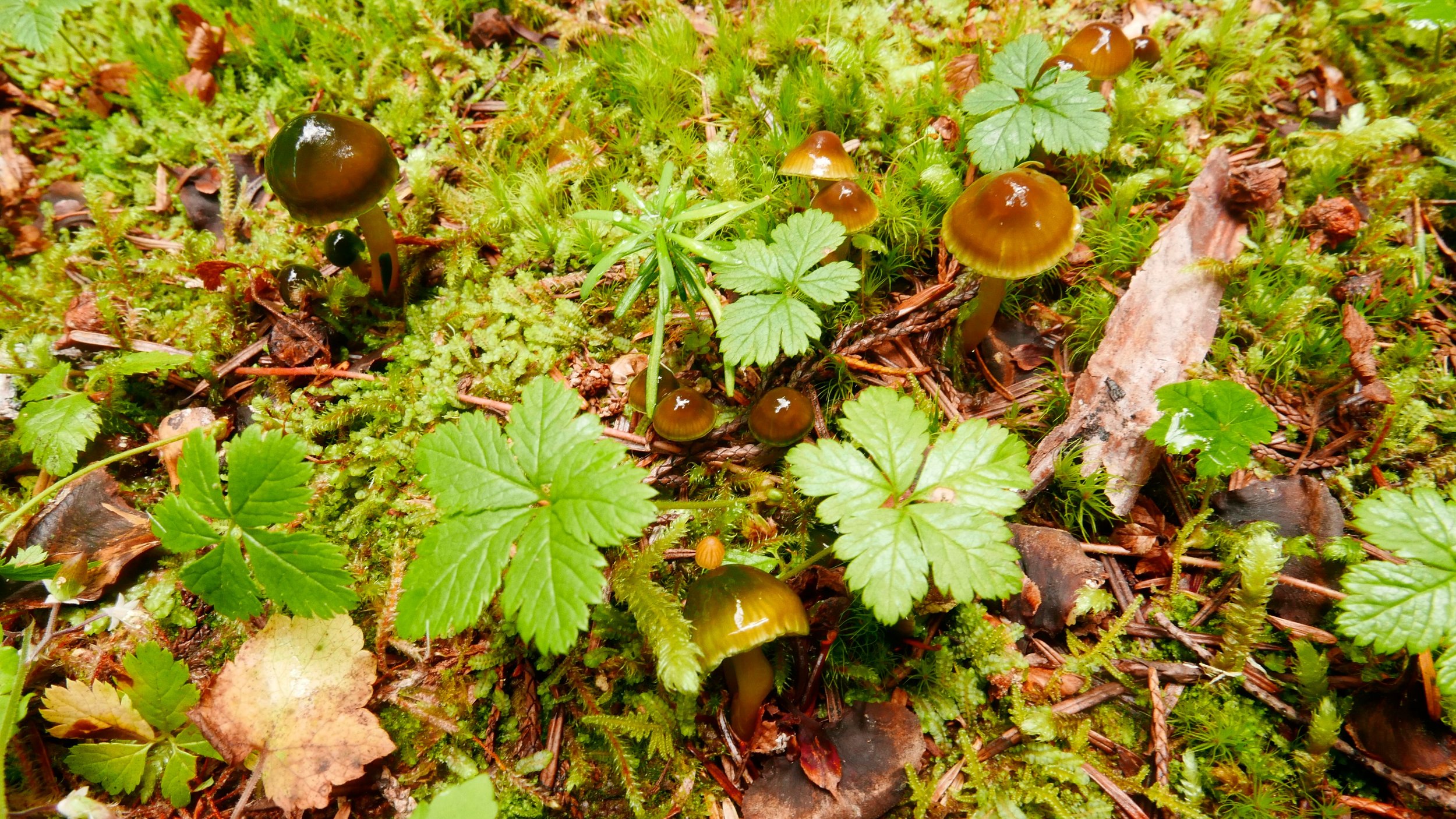Get involved
Fungal conservation is not possible without the help of people who love fungi.
Our nonprofit creates opportunities for fungal conservation, both through employment and community science. YOU can make a difference for fungi today by becoming a community scientist in one (or all) of our programs below.
Photo by Gabriela D’EliaGet Involved
Community Science in Mycology
Community science involves volunteers conducting scientific research, whether amateur or non-professional. To be more inclusive, we use the term "community science" rather than "citizen science."
Community science makes mycology accessible to everyone. Anyone can contribute to science and conservation, and local communities can decide which questions to explore.
This approach allows for large-scale, ongoing experiments and inquiries, providing scientists with diverse datasets that might otherwise be unavailable. In mycology, community science helps us understand the current state and changes in species range, seasonality, frequency, and variation.
Some of the key questions community science can help answer include:
How are fungi adapting to new conditions?
Is the seasonality of a species changing?
Are certain species expanding their range?
How rare is a mushroom?
How endangered is a mushroom?
Which mushrooms should be red-listed?
Become a community scientist for fungi
You can participate in various ways, from casual observations to more involved projects. Our Community Science Programs offer multiple opportunities with varying levels of participation.
Add your observation to the Fungal Diversity Database
The easiest way to start is by making high-quality mushroom observations on the Fungal Diversity Database iNaturalist project.
Rare Fungi Challenges
Keep an eye out for rare fungi! We have four Rare Fungi Challenges that focus on 20 target species of rare, threatened, or under-documented fungi across North America.
Local Projects
You can adopt an area and organize community science outings to survey for mushrooms. These can be as formal or informal as you like. Examples of FUNDIS Local Projects include:
Bridal Trails Funga
Northern Utah Funga
Fungi of Puerto Rico
Hygrophoraceae of Lower Puget Sound
Green-wood Fungi Phenology Project
All Local Project Leaders are invited to attend quarterly FUNDIS Local Project Myceliation Meetings.
DNA Sequence Validation Corps
Join our volunteer DNA Sequence Validation Committee to gain skills and resources for vetting raw data from ITS DNA sequences, ensuring accurate taxonomic identification of sequenced specimens.
Job Opportunities
Fungal Conservation Director
Remote, part-time position
Posted November 7, 2025
The Fungal Conservation Director will lead and coordinate FUNDIS’s conservation initiatives across North America. This role is ideal for someone with a strong background in biodiversity conservation, project management, and cross-sector collaboration. The Director will work closely with the FUNDIS Board of Directors, FUNDIS programs…
BOARD TREASURER
Remote, volunteer position
Deadline: Rolling
The Treasurer is a key officer of the Board, responsible for overseeing the financial affairs of the organization in alignment with our mission, legal obligations, and long-term strategic goals. This role is essential to ensuring financial transparency, accountability, and the wise stewardship of our resources as we scale our work in fungal conservation.


